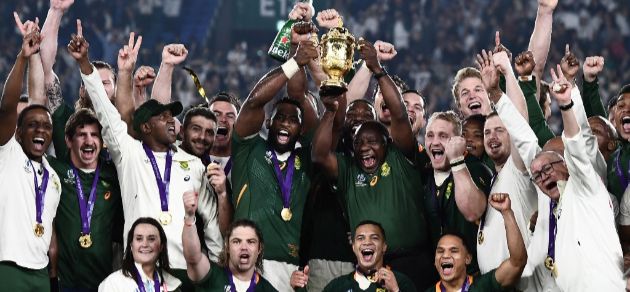Democracy is still in its infancy in Africa with elections often fiercely contested and watched with some concern by the investment and expatriate community.
In Africa, city elections are where the action is
Africa is urbanising faster than any other region: half of Africans will live in cities by 2035, according to the UN, up from around a third now. As people move to the cities, if city politics can sway national politics that bodes well for the future and drive reform as ruling parties have often dominated for decades, proving difficult to unseat and with 85% of incumbent presidents who stand again winning re-election.
A changing pattern is emerging across the continent where opposition parties are winning control big cities as the urban population becomes more active and disillusioned with the status quo. In Dar es Salaam, Tanzania’s commercial capital, the opposition won the mayoralty last year for the first time ever. In Kampala, Uganda’s capital, opposition parties dominate the city council, much to the chagrin of Yoweri Museveni, who has been president since 1986. In South Africa, the opposition runs 4 of the 5 largest metros in the country;
South Africa
South Africa’s next general election is only in 2019. However, there is other, perhaps more critical, lobbying and voting is underway.
Significantly, the country’s President, Jacob Zuma, faced the eighth vote of no confidence in his leadership in the country’s Parliament on 8 August. Although the ruling ANC’s majority has once again protected him, dissent is growing with opposition parties and civil society in increasingly large numbers calling for an end to Zuma’s rein of corruption which has led to damaging debt ratings downgrades, an economy in recession, unemployment and civil unrest on the rise.
Equally significantly, the ANC are holding their electoral conference in December 2017 where they will elect a new President who will take the party into the 2019 general elections. It is common cause that Zuma will be a liability, potentially losing the ANC its majority, especially in the cities. It is the hope of most that he will be recalled setting the economy onto a path of
Rwanda
Incumbent President Paul Kagame ran for a third term in office and was voted back into power on 4 August 2017 with a staggering 98% majority. The country’s economy is faring far better than its neighbours under Kagame’s command.
Kenya
General elections were held on 8 August 2017. Uhuru Kenyatta, the incumbent president won a second term. However, the opposition leader Raila Odinga of the ODM, is contesting the election results through the courts and Kenyata has yet to be sworn in as president. At least 12 people were killed and over 100 badly injured in post-election violence, and the country is still faced with a great deal of uncertainty about the future, pending the outcome of court proceedings.
Angola
Legislative elections were held in Angola on 23 August 2017. Initially it was thought President Jose Eduardo dos Santos who has been in power since 1979 would lead the ruling MPLA into the election before possibly stepping down in 2018. However, the MPLA designated João Lourenço, the Minister of Defence as the party's top candidate and went on to win the election although there have been cries of foul from the opposition.
Other upcoming Election Dates
- Liberian general election, 2017 10 October 2017
- Somaliland general election, 2017 13 November 2017
- Malagasy legislative election, 2017 December 2017
- Tunisian municipal and regional elections, 2017


